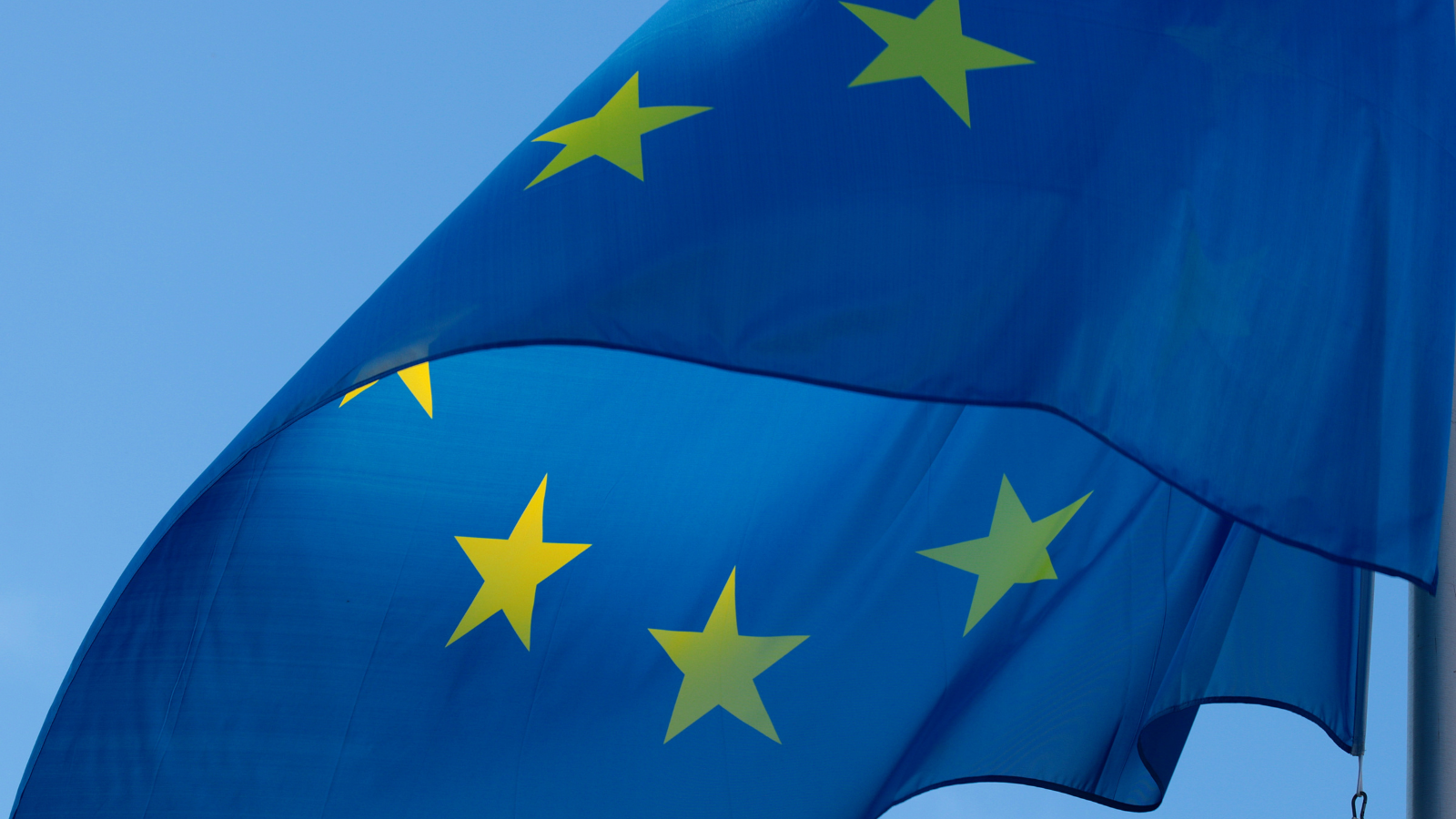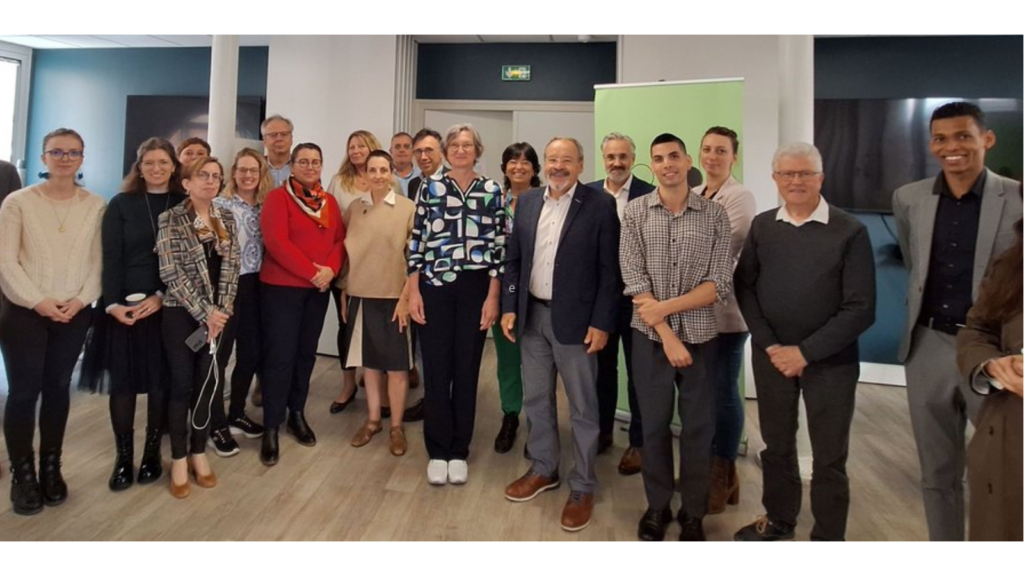On the 15th, 16th and 17th of May, the 5th edition of the « Beyond Growth » conference was held in the European Parliament in Brussels.
Many recommendations and ideas have been put forward by speakers during the conference, covering a wide variety of issues ranging from food, energy, oceans, economics, digitalisation and climate :
- Energy: reaching energy independence, moving beyond fossil fuels, for instance by creating citizen lead energy cooperatives.
- Fairness: ensuring no one is left behind in the transition from our current economic model, especially those who are already struggling.
- Change key indicators: as Kennedy stated, « GDP measures everything except what makes life worthwhile ».
- Stop neocolonial exploitation: much of the current growth is linked to the exploitation of the « global south », and there can be no transition beyond growth without addressing this issue.
- Public vs. private: how to balance the role of the state, of public institutions with the role of the « free-market » and private companies in achieving key sustainability goals
- Urgency: all speakers underlined that we are lagging behind, that the climate and our environment is degrading fast and that current policy objectives fail to address these challenges in a timely fashion.
- Global cooperation: the difficulty in coordinating our actions at the global level, requiring us to focus on what we can do, first and foremost, and avoid a « race to the bottom ».
- Regeneration as a global strategy: ensuring that our actions serve the purpose of regenerating our planet’s ecosystems and the environment.
- Stop valuing nature in financial terms: it is impossible to attribute a « value » (especially a monetary one) to nature, and trying to commoditise nature will always end with over-exploitation and destruction of nature. Caring for nature can only happen through human values and principles, based on claiming our rightful place as being an integral part of nature.
However, while the title of the conference suggests going « beyond growth », the contents did not meet that end goal.
Much of the discussion was still centered around growth while adding the word « green », « sustainable » or « fair ». On the flip side, some speakers defended the « degrowth » point of view: a way to streamline and rationalise our production and consumption systems to reach optimal efficiency, avoiding all the waste that comes from an out-of-control free market capitalist system and crazy consumerism.
Most of the recommendations put forward during the conference called on an increased role of governments, to reform the economy, to pass new laws, to put in place price controls, and to expand public services. However, perhaps the very title of the conference hints at a key difficulty in making a breakthrough: the inability of creating a narrative which transcends growth as a concept.
Furthermore, during the conference, the elephant in the room has not been addressed: moving beyond a debt-based monetary system. In a debt-based monetary system, growth is mandatory in order to service interest on debt. Some novel ideas have been put forward, such as the implementation of a universal basic dividend for each citizen. This echoes the main findings of COFACE-Families Europe’s conference, in 2018, on economics at the service of society: https://coface-eu.org/expert-seminar-economics-at-the-service-of-society-22-23-november-brussels/
One term that has been mentioned frequently by a number of speakers during the conference, is sufficiency, which hints at using only the energy/resources that are strictly necessary, implying a return to a kind of frugality. A better term could be adequacy, or in other words, to think about an economic and financial system which enables an adequate allocation of resources depending on fluctuating needs.
For further information, contact Martin Schmalzried, COFACE Senior Policy and Advocacy Manager mschmalzried@coface-eu.org




